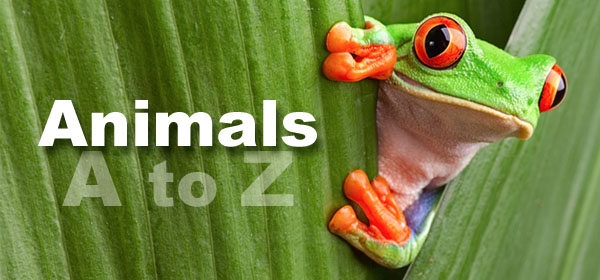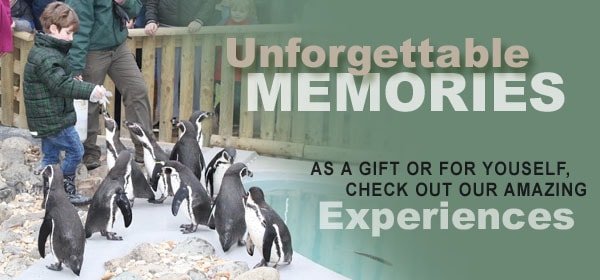When you visit Wingham Wildlife Park, it’s easy to get caught up in the joy of watching lemurs leap around, penguins waddle along their paths, or meerkats stretch lazily in the sun. But beyond the fun and fascination, there’s a deeper story at work—one that makes modern zoos not just important, but essential.
Conservation at the Core
One of the most critical roles zoos play today is species conservation. With deforestation, poaching, pollution, climate change and many other factors threatening wildlife worldwide, zoos have become safe havens for animals who face extinction in the wild.
Here at Wingham Wildlife Park we care for many endangered species, such as red pandas, chimpanzees, and tigers. We participate in EAZA Ex situ Programmes (EEP) to help maintain healthy and thriving animal populations within EAZA (European Association of Zoos and Aquaria) and beyond. In some cases, zoo-based breeding has helped introduce animals into their natural habitats, giving species a second chance in the wild. One example that Wingham Wildlife Park is involved in is the white-clawed crayfish; our hatchery has seen over 100 endangered crayfish returned to streams in Bristol.
Learning from Animals to Help Animals
Zoos are also hubs of valuable scientific research. Observing and studying animals in our care allows researchers to better understand behaviour, health, and reproduction, which can be applied to both captive and wild populations. It can also allow the development of veterinary treatments to improve animal welfare. For example, our vet, Georgia, has been able to share her knowledge with other experts about a more effective and less stressful application of medicine for our critically endangered lemur leaf frogs. These frogs are currently breeding which is great news for the species.
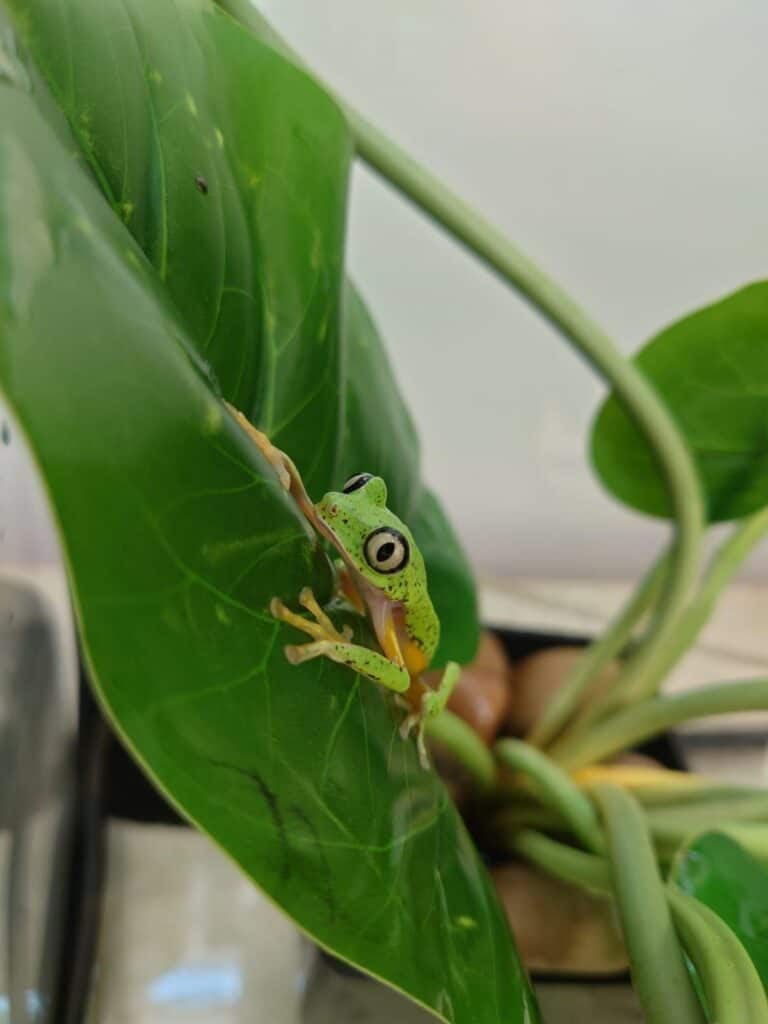
Inspiring the Next Generation
It’s hard to care about what you’ve never seen. That’s why zoos are such powerful tools for education. At Wingham, every visitor—whether they’re five or one hundred and five—has the chance to learn something new.
Through school visits, talks, and training demonstrations, we bring wildlife stories to life. We also have a variety of informative signs around the park that highlight the habitats, behaviours, and threats facing each species.
A Home for Those Who Need One
Some of our animals at Wingham Wildlife Park come from rescue situations—like the exotic pet trade, circuses, or illegal ownership. These animals cannot return to the wild, but they can live enriched, peaceful lives here with proper care, safety, and respect. Every animal has a story, and many of them are stories of second chances. One of our most famous success stories include our rescue lions. In 2011, two male lions (Clarence and Brutus) came to live at Wingham Wildlife Park from a French circus where they were treated very poorly. After suffering physical and mental trauma, they were able to get out of their tiny cage and feel what grass felt like. Sadly, Brutus passed away in 2022, but both brothers were given a lifelong home here and Clarence continues to enjoy rolling in the grass at Wingham Wildlife Park.
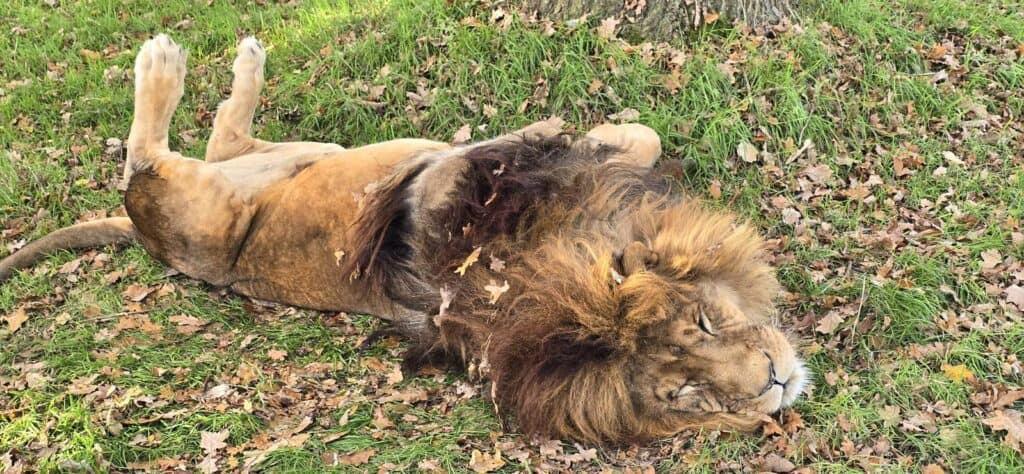
It all Comes Together at Wingham
We strive every day to make Wingham Wildlife Park a place where wildlife is celebrated, protected, and understood. So, the next time you walk past the meerkats or stop to watch the chimpanzees, remember: your visit supports rescue efforts, species survival, and education for generations to come. Thank you for all your support over the years and hopefully many more.
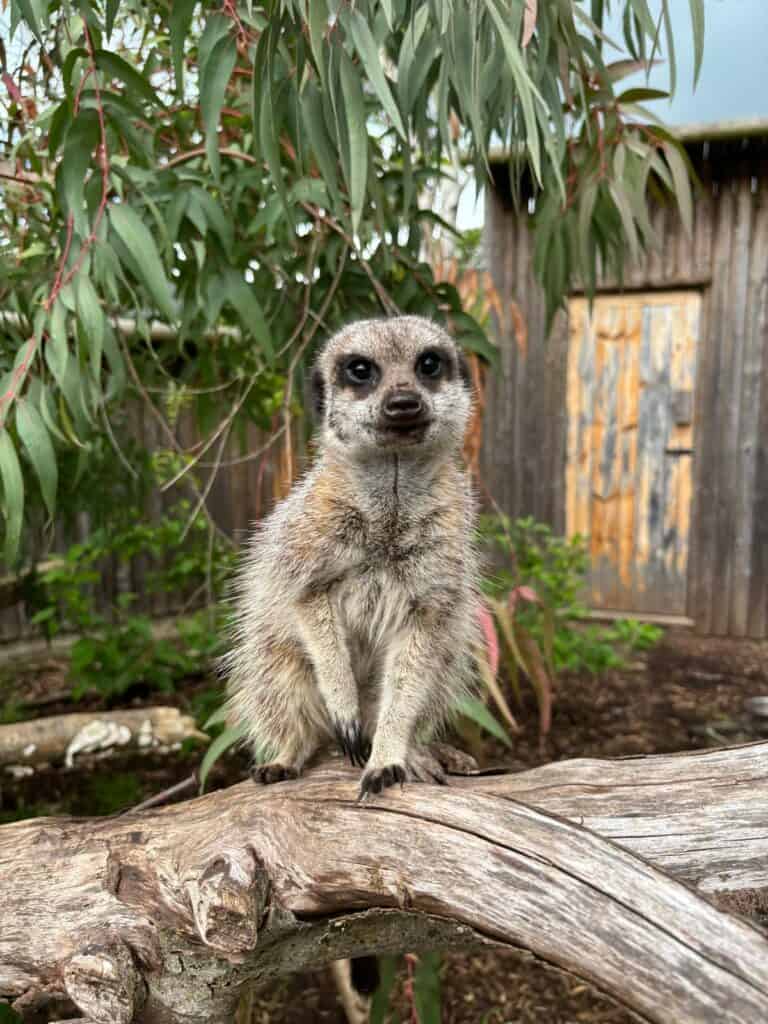
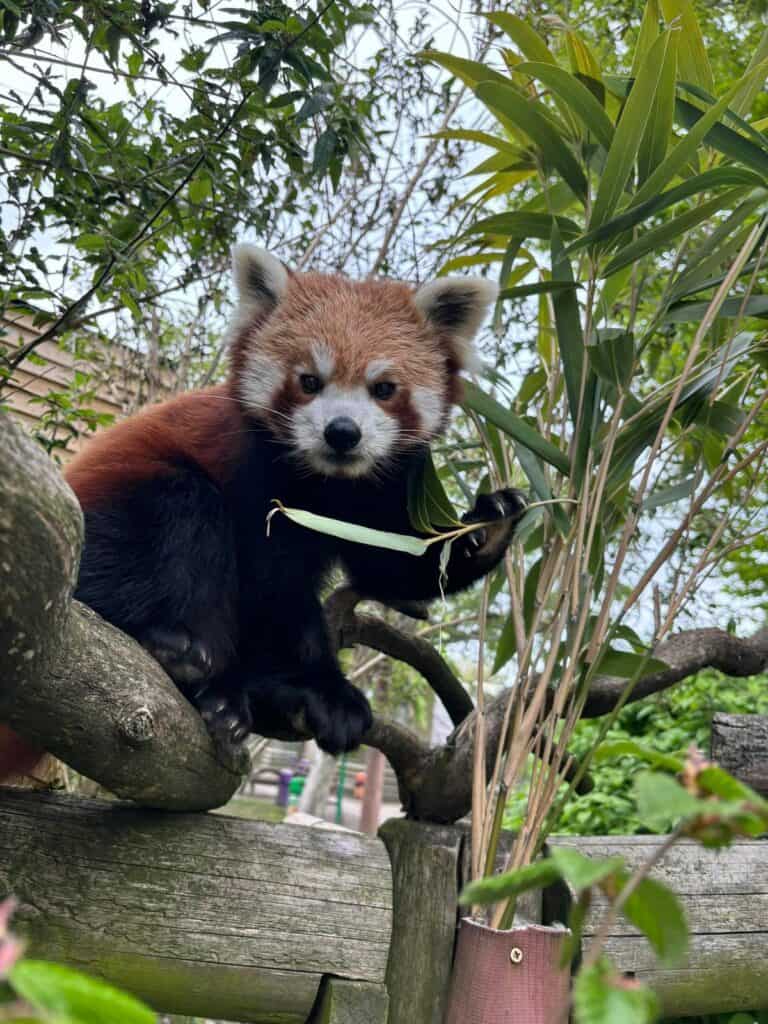
By Meghan, Deputy Head of Mammals
